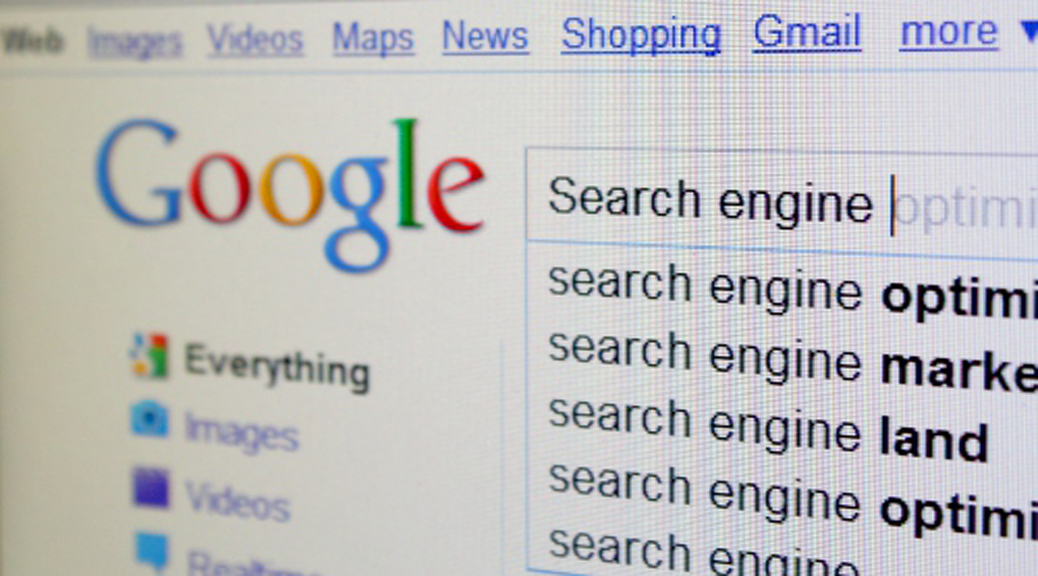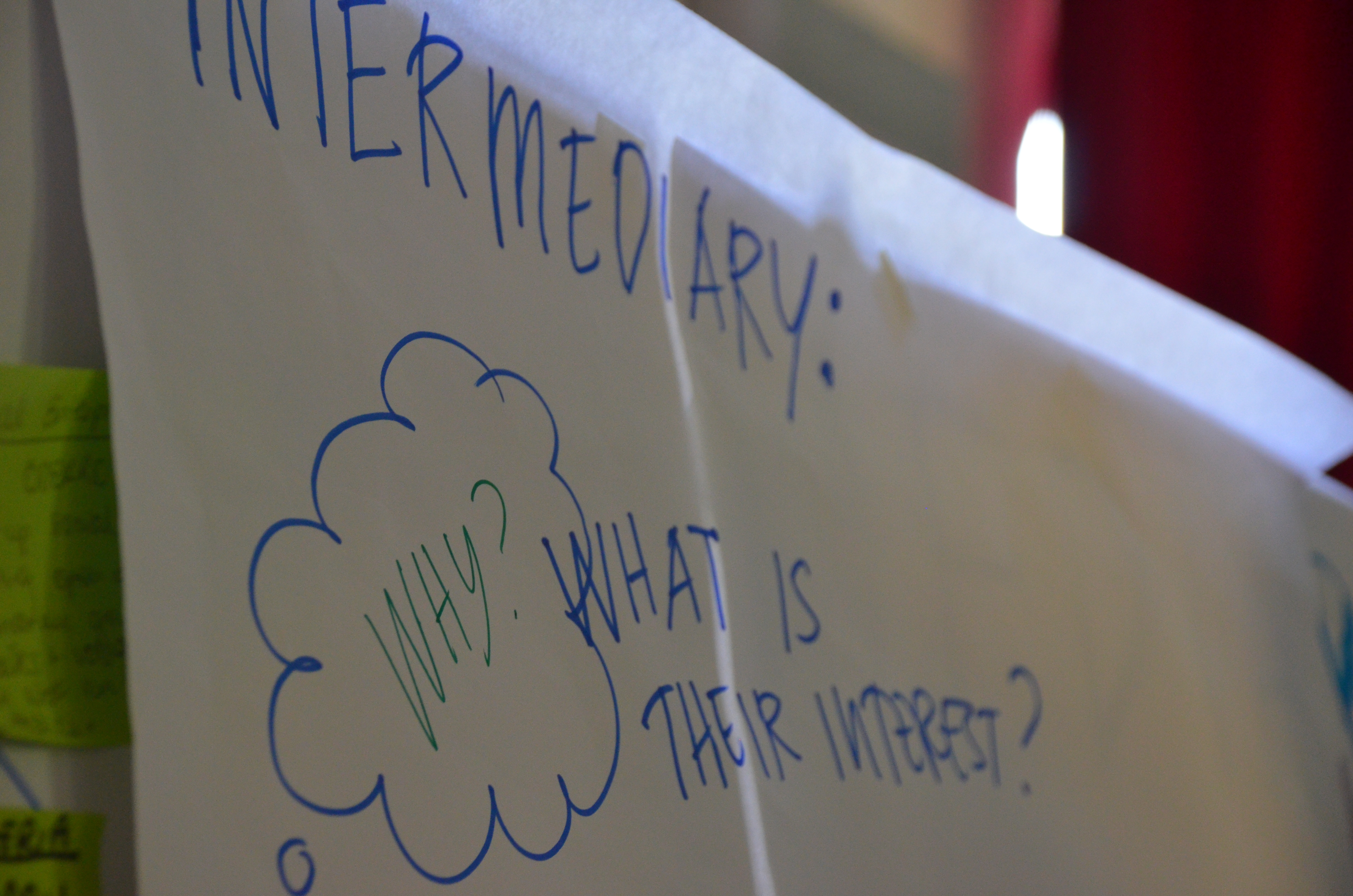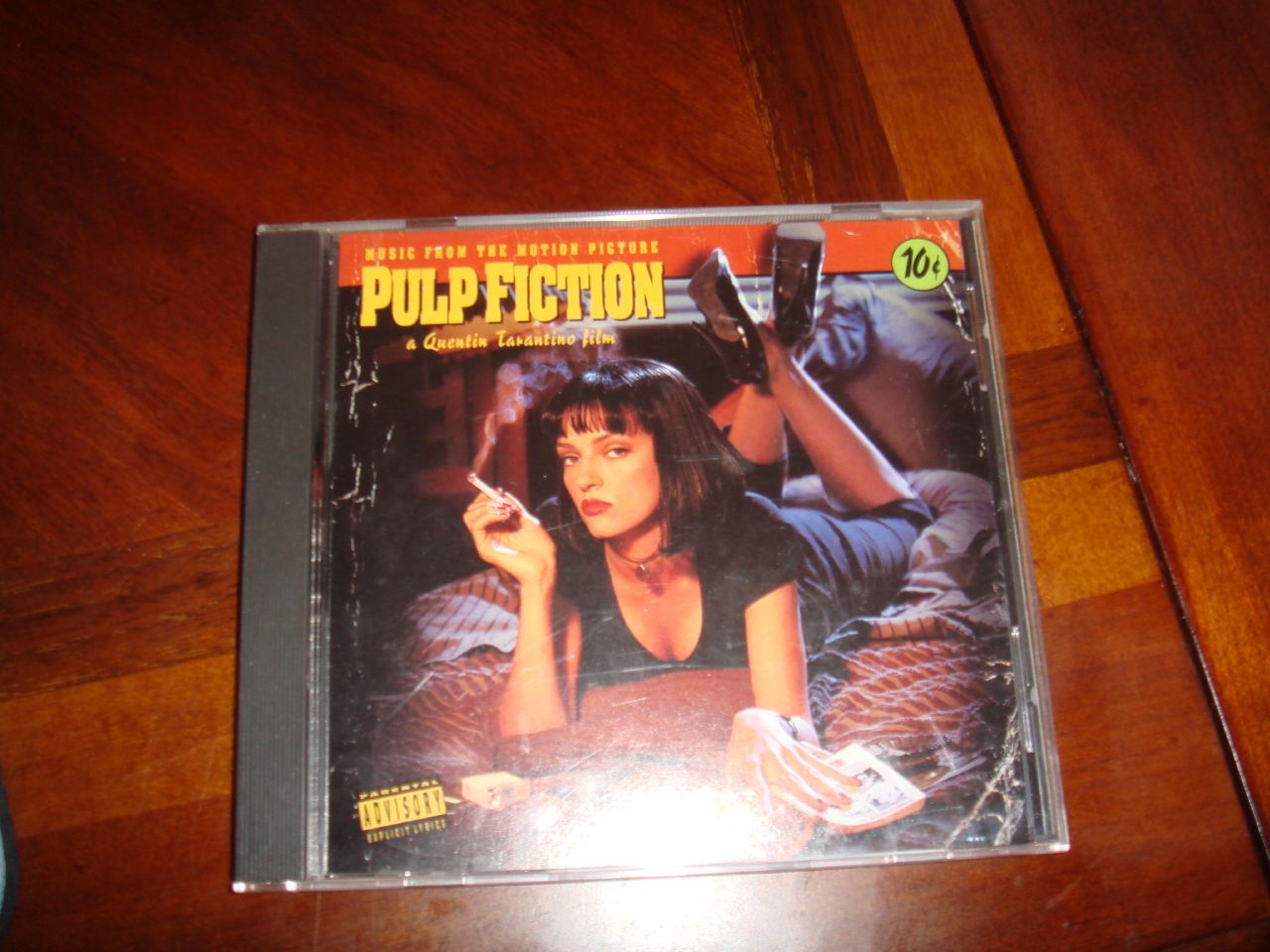Welcome to our fortnightly newsletter, where our Editors put together handpicked stories from the world of tech law! You can find other issues here. Delhi HC orders social media platforms to take down sexual harassment allegations against artist The Delhi High Court ordered Facebook, Google and Instagram to remove search result, posts and any content containing…
Tag: Intermediaries
E-Pharmacy and Tech Law: An Interface (Part I)
This is the first part of a 2-part post authored by Anubhuti Garg, 4th year, and Gourav Kathuria, 2nd year, of NALSAR University of Law. Part II can be found here. The growth of the Internet and rise of companies like Amazon and Flipkart has meant that e-commerce is rapidly gaining traction in India. A…
Article 13 of the EU Copyright Directive: A license to gag freedom of expression globally?
The following post has been authored by Bhavik Shukla, a fifth year student at National Law Institute University (NLIU) Bhopal. He is deeply interested in Intellectual Property Rights (IPR) law and Technology law. In this post, he examines the potential chilling effect of the EU Copyright Directive. Freedom of speech and expression is the bellwether…
Shreya Singhal, and how Intermediaries are simply Intermediaries Once Again – Striking down the Chilling Effect
The concept of ‘intermediary liability’ in all its nuances, as I have written before, is one of the bulwarks of the internet as we know it, including one of the aspects of it that we all know and love – the power it gives to each and every individual to exercise their right to free…
The “Bang Bang” Order: ‘Likely’ Copyright Infringement Trumps Intermediary Immunity
(Image Source: https://flic.kr/p/o9EcaJ) This post examines the order given by the Delhi High Court (DHC), which is the third in a series of worrying orders by the DHC, from the perspective of Intermediary Liability. In order to ensure no possible online access to Bollywood film “Bang Bang” which released on Oct 2, the Delhi High Court…
Intermediary Liability – An Explanation
(Image Source: https://flic.kr/p/o9EcaJ) Definitions and Explanations – the Concept of ‘Incentives’ An intermediary is an internet-based service provider, which provides its users with a platform to upload all and any types of content, ranging from text to videos. Some of the more popular examples of intermediaries would be Facebook, YouTube, Twitter, WordPress and Blogspot. The…
A Wolf in Sheep’s Clothing: The Trans-Pacific Partnership
[Image Source: http://flic.kr/p/osRzan] After the scrapping of the ‘Stop Online Piracy Act’ (SOPA) and the ‘Protect IP Act’ (PIPA) in the U.S., one could have been under the impression that the Internet would be free from unadulterated interference by the government. SOPA and PIPA basically gave the government unprecedented powers to shut down any website/blog…
Digital Piracy: Adapt or Deter?
(Image Source: https://flic.kr/p/4LPBEm) (The author would like to thank Swaraj Paul Barooah for his valuable insights.) Let me begin by putting forward a basic question – when was the last time you actually paid to download a song? And trust me, you deserve a pat if your answer is anywhere within the last two years. In…



